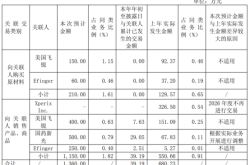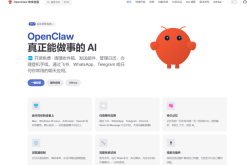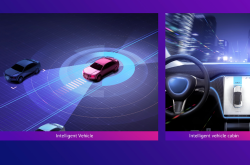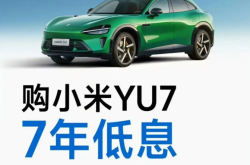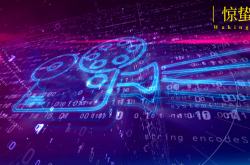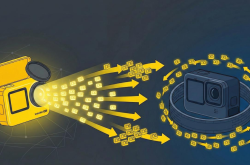Nissan teams up with Mitsubishi, dividing the industry into two camps
![]() 11/05 2024
11/05 2024
![]() 556
556
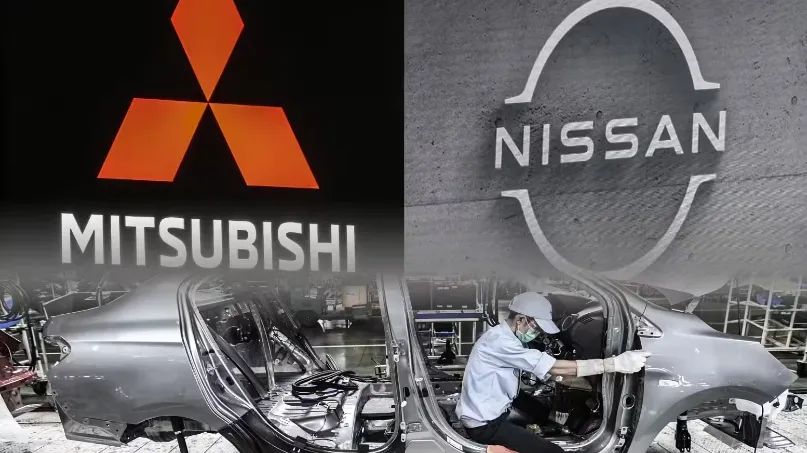
Introduction
8 million vs. 16 million.
Currently, Japanese automakers are entering an unprecedentedly dynamic phase. As the world's third-largest automobile producer, Japan is fully committed to leading a profound integration and transformation, aiming to accelerate its layout in the field of future mobility to keep pace with, or even surpass, leading markets such as the United States, Europe, and China.
This integration movement is not only reflected in technological innovation but also involves comprehensive optimization and collaboration across the entire industrial chain. Japanese automakers have recognized that in today's era of intelligent, electrified, and connected vehicles, only through continuous self-innovation and cross-border cooperation can they seize the first-mover advantage in industry transformation.
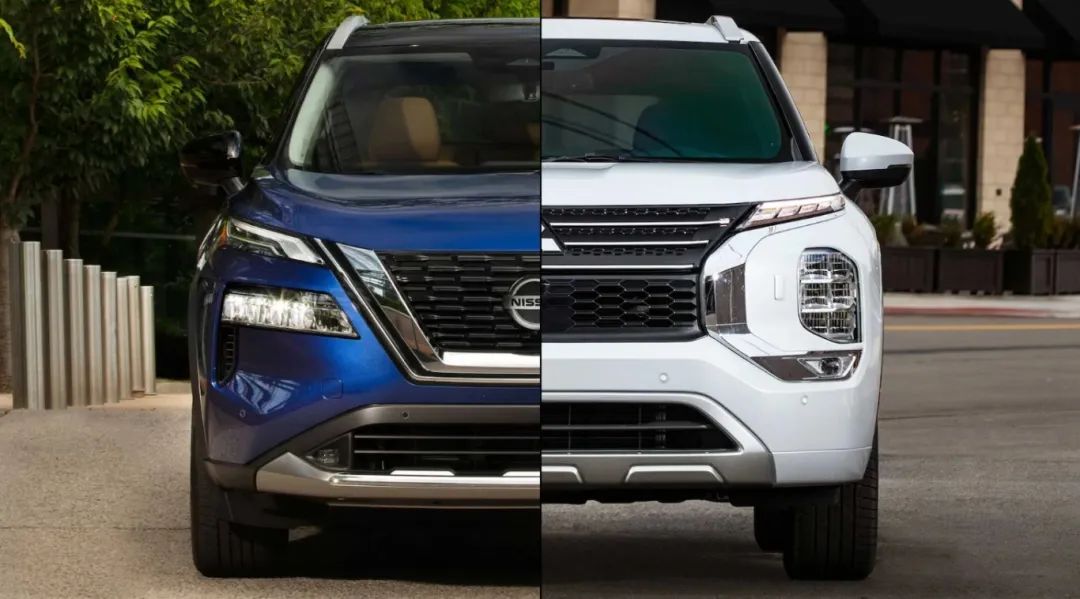
Therefore, they are actively embracing new technologies, increasing investment in research and development in autonomous driving, new energy vehicles, and the Internet of Vehicles, striving to maintain their traditional manufacturing advantages while opening up new growth points. Additionally, they are committed to building a more open and flexible international cooperation framework, seeking to occupy a more central position in the future mobility landscape through technology sharing and market expansion.
Nissan deepens collaboration with Mitsubishi
Recently, reports indicated that Nissan Motor Company and Mitsubishi Corporation plan to jointly establish a joint venture by the end of fiscal year 2024, focusing on deepening services in the fields of autonomous vehicles and electric vehicles. It is understood that Nissan and Mitsubishi will each hold a 50% stake, and the joint venture is expected to be officially established in March 2025, marking another milestone in their collaboration on cutting-edge technology.
The core of this collaboration lies in jointly promoting the commercial application of Level 4 autonomous driving technology, which allows vehicles to operate fully autonomously under specific conditions without human intervention. Additionally, the joint venture will venture into home energy storage solutions, particularly innovative services utilizing electric vehicle batteries to power homes or sell electricity back to the grid.
To achieve this goal, the joint venture will be fully funded by the two parent companies and plans to initiate validation testing in 2025 to ensure technology maturity and reliability.
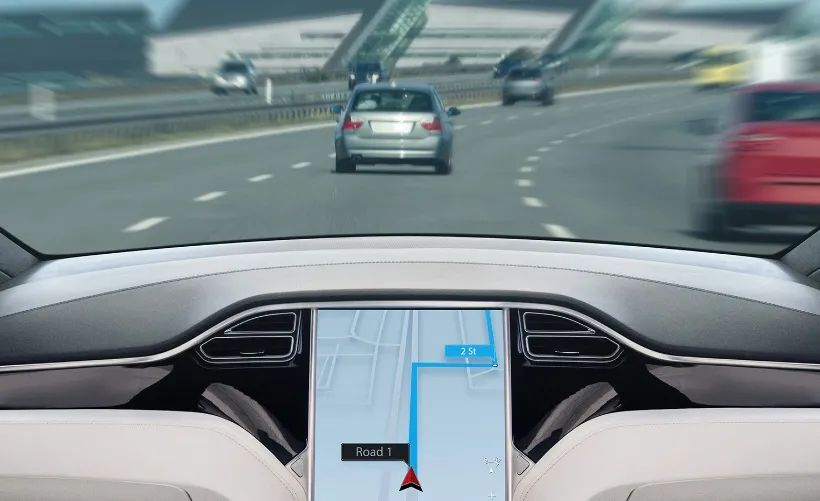
In terms of autonomous driving technology, Nissan is intensively developing relevant models, while Mitsubishi focuses on optimizing route planning systems using artificial intelligence, aiming to create a smarter and more efficient travel experience. As governments gradually relax regulations on autonomous driving, the joint venture will launch innovative services such as driverless taxis in a timely manner.
The first pilot cities have been selected as Yokohama in Kanagawa Prefecture and Namie in Fukushima Prefecture, which are also important bases for Nissan's demonstration experiments in autonomous driving technology.
In the field of electric vehicle batteries, both parties are actively exploring energy interaction between vehicles, homes, and the grid, enabling users to flexibly utilize electric energy from vehicle batteries and even participate in electricity market transactions. Furthermore, addressing the increasingly prominent issue of used electric vehicle battery disposal, the joint venture is considering implementing secondary use and recycling projects for batteries to meet the challenges of battery resource recycling and reduce waste.
Nissan has set a clear goal to increase sales of autonomous driving and electric vehicle-related businesses to JPY 2.5 trillion by fiscal year 2030, but still faces many challenges in fully tapping into the potential of automobiles as service platforms.
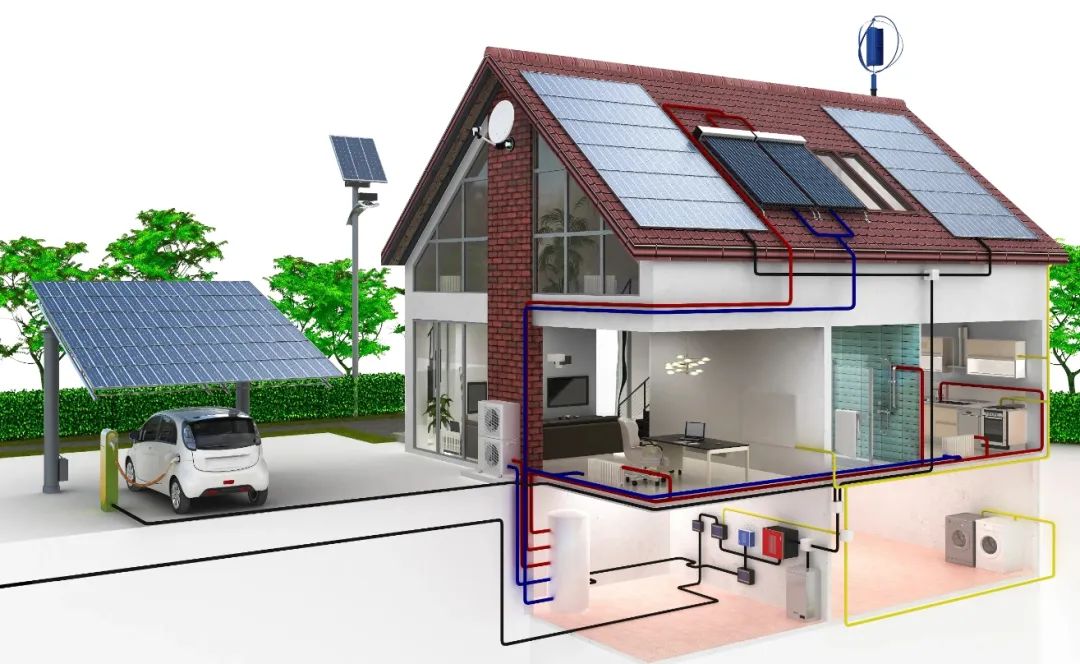
Meanwhile, Mitsubishi Motors is accelerating its investment in autonomous driving software, optimistic about the broad prospects of the autonomous driving market amidst demographic changes, declining birth rates, an aging population, and a labor shortage. In the field of electric vehicle batteries, Mitsubishi has also established close partnerships with several mainstream automakers.
It is worth mentioning that earlier this year, there were reports that Mitsubishi Motors might join the Honda-Nissan alliance, which would bring the alliance's total sales to over 8 million units, further consolidating its position in the global automotive market.
However, facing fierce competition in the global market, Nissan's market share in the United States and China continues to decline, casting a shadow over its future development.
Mitsubishi Motors also faces challenges. During its first-half fiscal year 2024 earnings conference call, it revealed that sales and profits declined due to factors such as excess vehicle supply, intensified market competition, and sluggish economic recovery in some Southeast Asian countries. Net sales decreased by 2% year-on-year to JPY 1,307.4 billion, while operating profit fell by 13% to JPY 90.7 billion.
Against this backdrop, the joint venture between Nissan and Mitsubishi undoubtedly provides new growth momentum for both parties. Through resource sharing and technological complementarity, they jointly explore the infinite possibilities of future mobility, aiming to navigate the tide of global automotive industry transformation steadily.
Japanese automakers divided into two camps
In fact, during a recent major strategic adjustment in the Japanese automotive industry, Mitsubishi Motors had already announced its participation in the collaboration alliance jointly initiated by Honda and Nissan in March 2024. Since its inception, the alliance has focused on the in-depth research and development of electric vehicles and AI software, aiming to reshape the industry landscape through strong collaboration and lead the transformation of future mobility.
Although the specific terms of Mitsubishi's participation have not been publicly disclosed, the news has quickly sparked positive market reactions, with Mitsubishi Motors' share price surging, fully demonstrating the market's optimism about the synergies, economies of scale, and long-term development prospects brought about by this collaboration.
Mitsubishi's participation is undoubtedly a crucial step for the Honda-Nissan alliance. In the field of electric vehicle technology research and development, the standardization of AI-related software among the three companies can not only significantly reduce research and development costs but also accelerate technological innovation and enhance product market competitiveness.
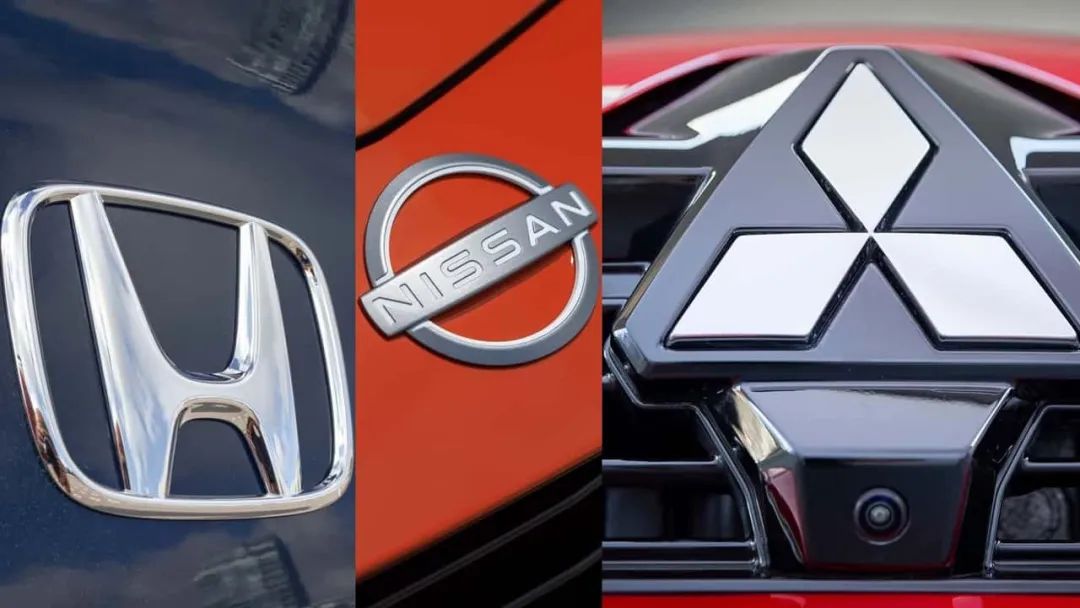
This deep integration facilitates technological complementarity and sharing, enabling alliance members to respond more quickly to market demands and launch smarter, more efficient electric vehicle products. At the same time, the collaboration also provides opportunities for further product line diversification, with companies relying on close cooperation with original equipment manufacturers to achieve broader layout and expansion in areas such as propulsion systems, plug-in hybrid electric vehicles (HEVs), and compact cars popular in the Japanese market.
Looking back at the announcement of Honda and Nissan's collaboration, it was already a major breakthrough in the industry, and Mitsubishi's subsequent participation is seen as a natural extension of this trend. Considering that Nissan holds a 34% stake in Mitsubishi, integration and collaboration between the two companies appear particularly smooth.
However, representatives from Mitsubishi, Honda, and Nissan remain cautious about the specific details and future plans of this collaboration, adding an element of mystery to the alliance's future direction.
In the competitive landscape of the Japanese automotive industry, the formation of such alliances is not an isolated phenomenon. Earlier, Toyota announced the formation of its own alliance with Suzuki, Subaru, and Mazda, focusing on the research and development of electric vehicles and internal combustion engine technologies, further intensifying industry competition.
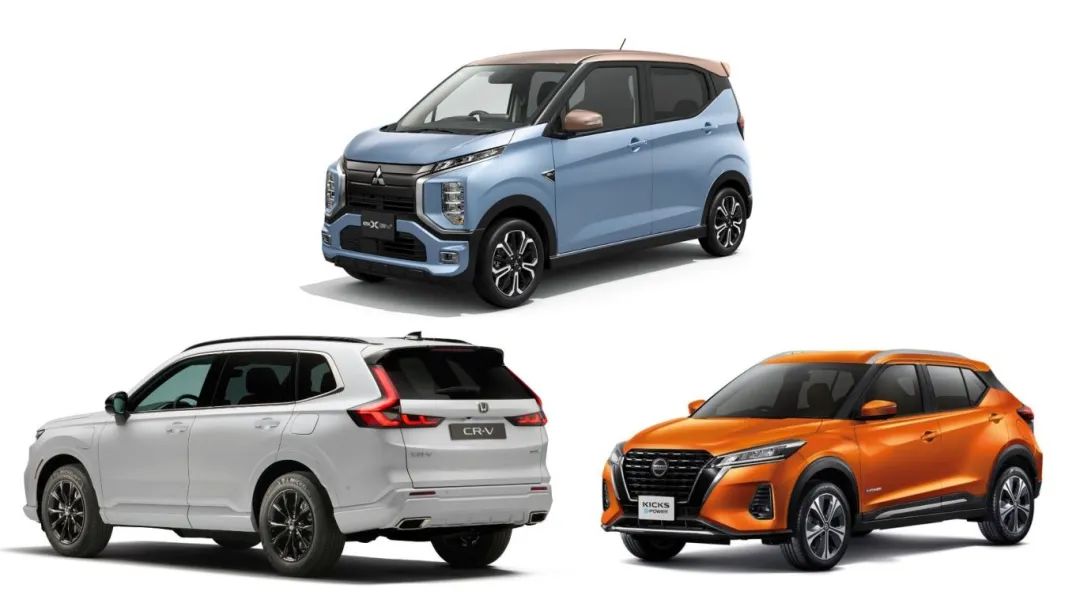
The formation of these two alliances signifies a clear differentiation at the forefront of competition in the Japanese automotive industry, setting the stage for intense rivalry in the global market. In terms of sales volume, the combined annual sales of Mitsubishi, Honda, and Nissan reach 8.35 million units. Although this falls short of the approximately 16 million annual sales of Toyota and its partners, the global total production of these three companies is close to half that of the Toyota alliance, a force not to be underestimated.
More urgently, facing fierce competition in the electric vehicle sector, particularly from Tesla and rapidly rising Chinese brands, the collaboration between Mitsubishi, Honda, and Nissan is particularly important.
By integrating their respective resources and experiences, the three companies aim to jointly catch up with and surpass these competitors, launching more innovative and competitive products in the global market. As collaboration deepens, their leading position in the fields of electric vehicles and AI software will be further consolidated, laying a solid foundation for becoming leaders in this rapidly growing industry.

